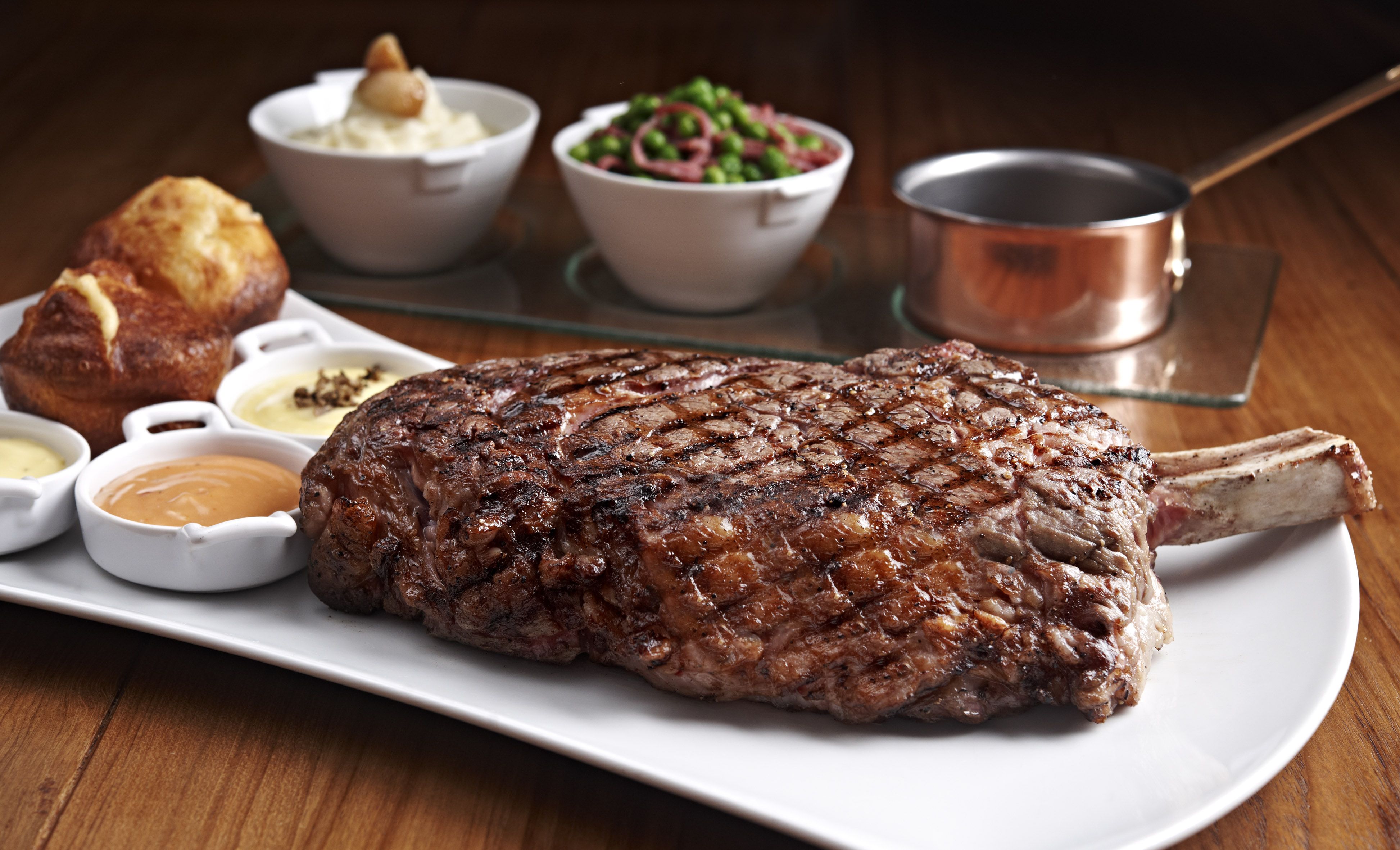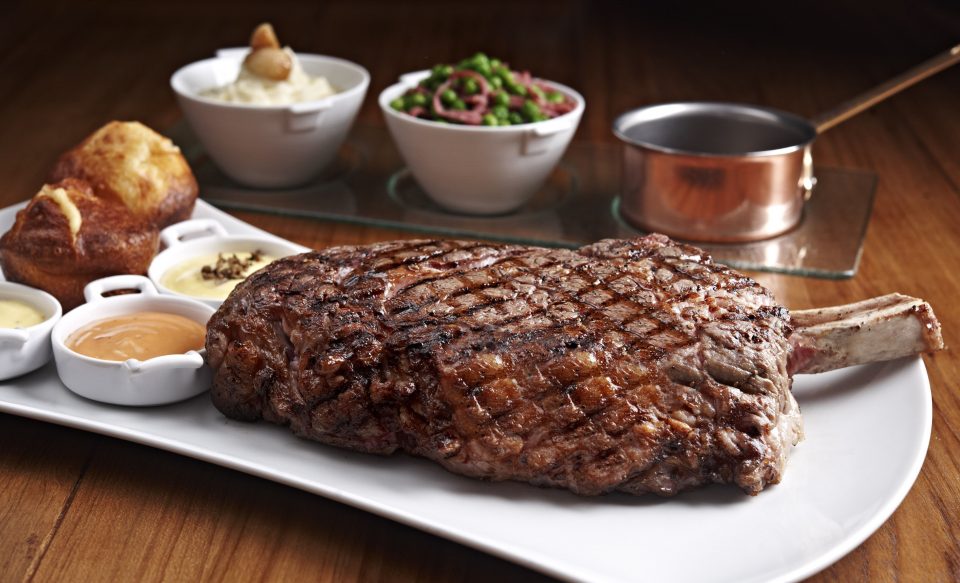
SERDANG (Bernama) – Multinational Beef Valley Consortium Bhd (Beef Valley) is eyeing to set up a Wagyu Beef Cattle livestock farm in the country for export and local consumption.
Its Managing Director, Feriz Omar, said the three-year structure plan would benefit Malaysia’s Gross Domestic Product and even create a new Malaysia wagyu breed called ‘Magyu’.
Currently the multinational consortium is working closely with Japan-based Hannan Foods Group Co. Ltd (Hannan Foods Group) which is known to produce the highest quality of A5 wagyu beef.
“In the first phase, we will cover the export market, probably in the first year we will be looking at the Japanese average beef, while in the second year, we will look into our own cattle for wagyu production.
“We will do it in line with Islamic practice, where Beef Valley’s wagyu will be certified halal by the Department of Islamic Department (JAKIM),” he told Bernama at the Malaysia Agriculture, Horticulture and AgroTourism (MAHA) Expo here today.
Feriz said currently the consortium was identifying landcbanks especially in Sarawak and Sabah to set up wagyu farms.
Japanese beef or ‘wagyu’ is one of the most famous and expensive type of beef in the world. The higher grades can fetch approximately US$1,000 for 250 grammes.
There are four breeds of wagyu cattle namely Kuroge (Japanese Black); Akage (Japanese Brown); Nihon Tankaku (Japanese Shorthorn) and Mukaku (Japanese Pooled).
Wagyu cattle’s genetic predisposition yields a beef that contains a higher percentage of omega-3 and omega-6 and its marbling also increases the ration of monounsaturated fats.
Feriz said the multinational consortium was also is in the midst of embarking on genetic engineering to breed tropical wagyu cattle in the country that could withstand tropical climate temperature.
Beef Valley entered into Memorandum of Understanding and Memorandum of Agreement with Hannan Foods Group, China-based Shanghai Al-Amin Biotech Co Ltd (Al-Amin Bio Group) and AiVerest Sdn Bhd to create a self-sustaining local beef industry for export and local consumption in East Malaysia under its Phase 1 and Peninsular Malaysia under its Phase 2 plans.
Signatories to the agreement, signed on Nov 22, agreed to form a consortium headquartered in Malaysia aimed at developing, promoting and providing nurturing competency in cattle farming for the production of beef and beef by-products.
The agreements were signed by Beef Valley Managing Director Feriz Omar and his Board of Directors; Arukimeruto Co Ltd Vice-President Mr Takaaki Kakishima, representing Hannan Foods Group; Mr Haroon Maxin, Marketing Director of Amin Bio Group Malaysia, representing Al-Amin Bio Group; and AiVerest Sdn Bhd Executive Advisor, Mr Muhammad Ruzi Shuib.
Feriz said under the agreement, Beef Valley would undertake the task of establishing a domestic cattle farm in Sabah and Sarawak, to take advantage of the growing local and global demand for beef.
In addition, Beef Valley would also spearhead the development of research and development of beef by-products with the expertise of its consortium partners, he added.
“Eventually, we hope this initiative will facilitate and develop Malaysia into an exporter of beef products and cattle by-products to the rest of the world.
“Aside from creating a sustainable beef industry in Malaysia, Beef Valley will also encourage foreign direct investments into Malaysia that will further multiply the country’s growth in the longer term,” said Feriz.
The consortium expected the venture to take between seven and ten years to reach its full capacity and maturity in terms of export capability.
Beef Valley is expected to break into the global beef market and generate revenue of not less than RM750 million, per year, at full operational capacity with an enterprise value of not less than RM2 billion.
Once we succeed, and then probably if the government believes thet Beef Valley has the merit and credit to assist them in feedlot development in Malaysia, we probably would like to take that position,” he said.
In 2017, Malaysia produced 52,000 tonnes of beef, worth RM169 million, and imported beef valued at RM1.14 billion, annually, to meet local demand of about 191,000 tonnes.
Anyone who wishes to understand more of Beef Valley can visit the company’s pavilion at Hall A of the Malaysia Agro Exposition Park in Serdang, the venue for MAHA.
–BERNAMA





